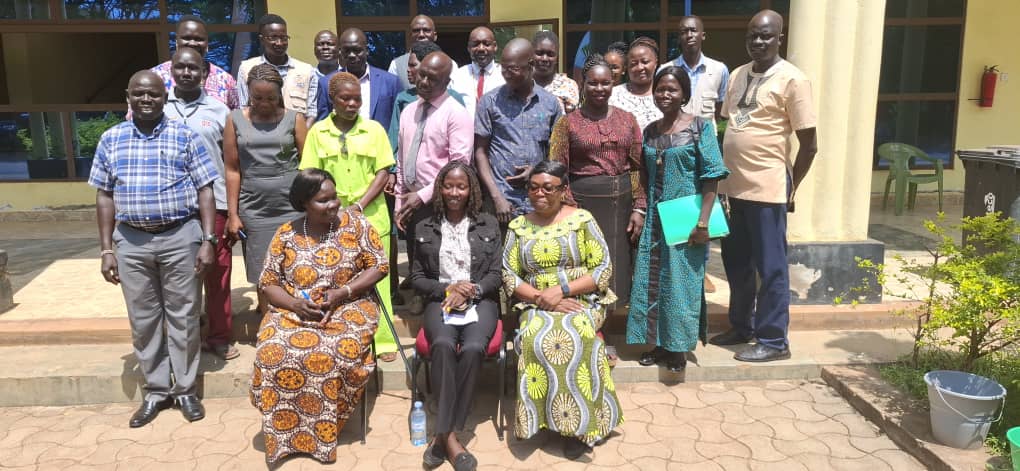Adjumani Launches Groundbreaking Research on Women, Climate Policy

A landmark research initiative aimed at bridging the gap between Uganda’s national climate policies and local realities has been launched in Adjumani District, with a special focus on the voices of refugee women and women in host communities.
The project, titled "Localising National Gender and Climate Policy in Uganda," targets 120 refugee women across five settlements—Nyumanzi, Ayilo, Pagirinya, Mungula, and Maaji II—in its first phase, which spans one week. In the second phase, another 120 women from the host communities will also be engaged.
Led by the Women’s International Peace Centre in partnership with Makerere University, and supported by Nottingham Trent University, the project is funded by the British Academy.
Dr. Hellen Kezie Nwoha, the lead researcher, emphasized the importance of centering women in climate conversations.
“Our goal is to reflect the lived experiences of those most affected by climate change—particularly women—and use that evidence to shape inclusive and effective policy.”
The initiative received full endorsement from Adjumani district leaders during a stakeholder meeting held on June 23, 2025, at the district headquarters.
Charles Giyaya, the district’s Natural Resources Officer, welcomed the study, saying, “We are pleased that this research will amplify the voices of refugee women and nationals who face the harshest impacts of climate change.
Their insights are crucial for effective policy adaptation.”
Uganda is ranked as the 13th most vulnerable country to climate change globally, with women and marginalised groups bearing the brunt of its effects.
While Uganda’s National Climate Change Policy acknowledges these vulnerabilities, implementation at the grassroots remains a significant challenge.
The project, which runs through 2026, is designed to generate evidence-based outputs such as policy briefs, academic publications, and stakeholder engagement events to inform gender-responsive reforms and institutional change.
“This research is not just about understanding women’s experiences,” said Dr Kezie Nwoha. “It’s about using those experiences to drive change in how climate policy is made and implemented.”
Advocacy is central to the project. “We want to influence decision-making and ensure that resources are allocated in ways that prioritise the needs of women and other vulnerable groups,” Dr Kezie Nwoha added.
“This includes promoting learning, innovation, and collaboration at all levels.”
With fieldwork now underway, the research team hopes that findings from Adjumani will serve as a blueprint for gender-inclusive climate policy implementation across Uganda and the region.



0 Comments